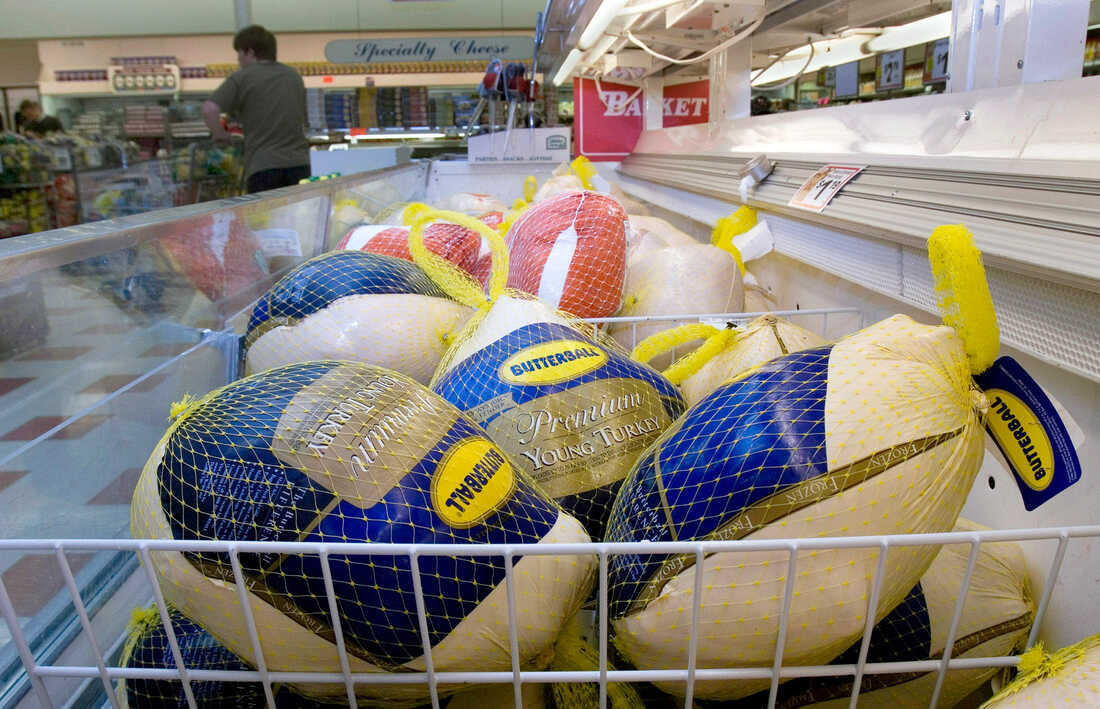As the Thanksgiving season approaches, many envision the quintessential feast – a table adorned with a perfectly roasted turkey, surrounded by family and friends. However, the hard work and dedication of small-town turkey farmers in Michigan often go unnoticed as consumers flock to supermarkets for their frozen birds. Advocates like Waneta Cook, from the Cook Family Farm in Gaylord, are working to change that narrative.
Family Farms and Local Advocates Redefining Thanksgiving Tradition
Cook, overseeing a farm with 11 children and over 350 turkeys, emphasizes the importance of buying locally. The family’s commitment to delicately and seriously processing each turkey on the farm reflects a dedication to providing a product that is not only delicious but also sourced with care. For the Cook family, the season’s success hinges on the community’s choice to support local farms.

A Farm-to-Table Approach: Careful Rearing and Healthy Diets
At the Cook Family Farm, every turkey chick is treated with care and given a healthy diet, a stark contrast to the anonymity of mass-produced, store-bought turkeys. Waneta Cook encourages consumers to consider the well-being of the turkeys they consume, emphasizing that buying from a local farm allows for transparency in the rearing and feeding processes. This farm-to-table approach not only ensures a healthier product but also fosters a connection between consumers and the local agricultural community.
According to Michigan Allied Poultry Industries, the state has seen a significant increase in domestic turkey consumption, with over 104% growth since 1970. An average of 5.3 million turkeys are produced annually in Michigan, with 70% of them raised in Ottawa County. While most frozen turkeys in supermarkets come from Minnesota, small-town businesses like Maxbauer’s Meat Market in Traverse City advocate for a return to local sources.
Wild vs. Domestic: The Michigan Turkey Story
While Thanksgiving is synonymous with turkey, wild turkey hunting is not a common tradition in Michigan. The state’s wild turkey population is considered a conservation success story, with around 200,000 birds thriving after being nearly eliminated in the 1900s. Adam Bump, a game bird specialist from the Department of Natural Resources, highlights the successful restoration of the population and the coexistence of healthy populations and hunting opportunities.

Despite the option to harvest wild turkeys, many prefer the domestic variety, citing control over diet and a clearer understanding of the birds’ conditions. Local businesses like Maxbauer’s Meat Market pride themselves on offering fresh, never-frozen turkeys, contributing to a growing movement of embracing locally sourced and thoughtfully raised poultry for the Thanksgiving table.